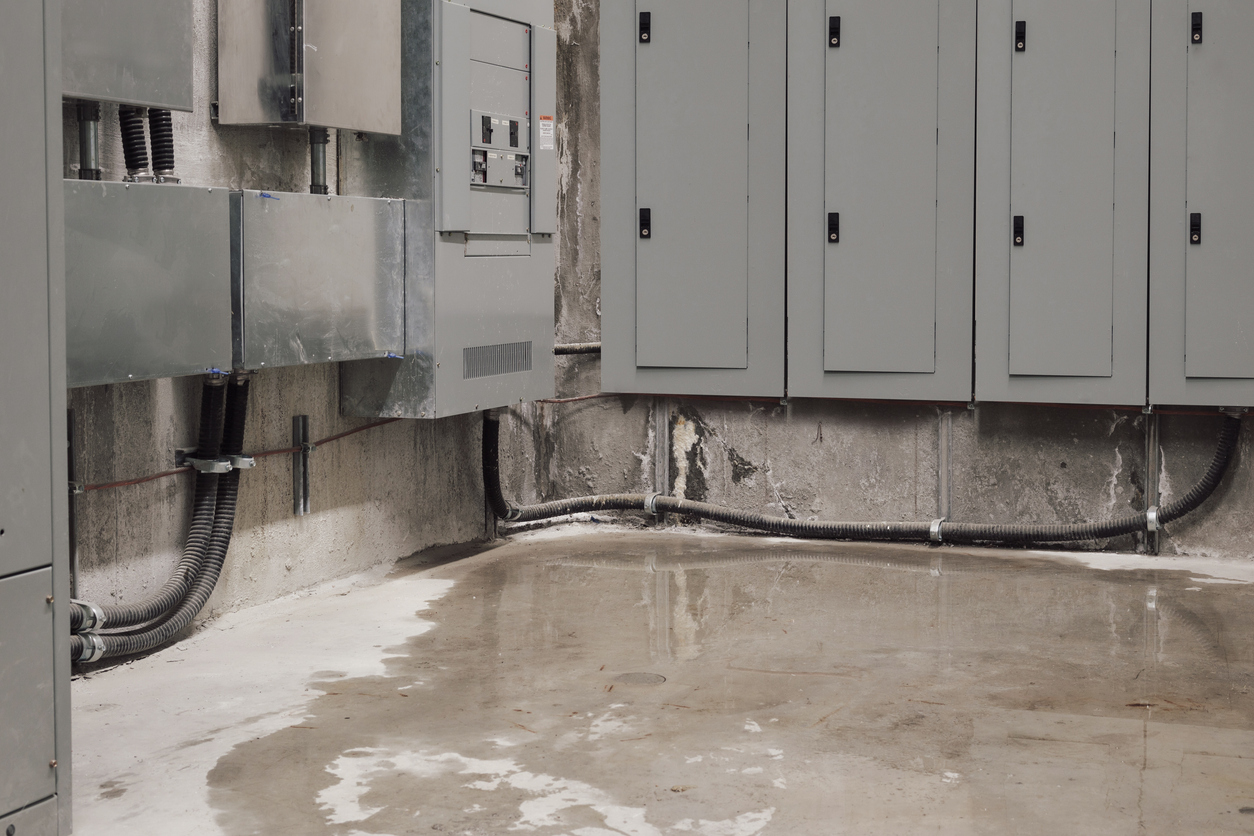As I noted in my previous blog, Business Interruption Will Play Big Role in Rebuilding the U.S. Virgin Islands After Irma, the devastation caused by Hurricane Irma in the U.S. Virgin Islands is staggering. To make matters worse, the powerful northeast eyewall of Hurricane Maria is now bearing down on the islands with what are expected to be Category 4 strength winds. The government is urging non-essential personnel to get out while there is still time. With safe structures being almost non-existent, we pray those in St. Thomas and St. John will heed these warnings.
Timing is very important when evacuating and finding shelter before the storm. After the storms pass, however, timing remains a crucial consideration in dealing with insurance claims. Insurance policies can be confusing to the untrained eye, and missed deadlines can limit payments or preclude them all together.
Here are a few important considerations for individuals and businesses with damaged properties in the U.S. Virgin Islands:
- Providing notice of property damage to the insurer should be made as soon as reasonably possible. If timely notice is not given, the insurer can deny the claim if it can show it was materially prejudiced by the late reporting. See Cowpet Bay Village-Stage III v. Commercial Union Assur. Co., 1994 WL 714501 (D.V.I. November 8, 1994).
- Most policies contain language that permits a policyholder to receive the actual cash value of the damages up front, before any work is completed. This is typically determined by calculating the cost to repair or replace the damaged property minus depreciation. After the work is completed, the insurer will reimburse the policyholder for the depreciation withheld initially.
- Many policies require the policyholder to “elect” to receive the actual cash value up front. In the event of such an election, the policyholder must also notify the insurance company it intends to perform the work and make a claim for any withheld depreciation. This notification is typically to be made within 180 days from the date that the damages occurred.
- Insurance companies must pay claims within thirty calendar days of the date an agreement to settle is signed or a proof of claim is filed, whichever date comes later. 22 V.I. Code Ann. Sec. 228(a).
- If a dispute arises, the statute of limitations for a breach of contract action in the U.S. Virgin Islands is typically 6 years. 5 V.I. Code Ann. Sec. 31(3)(A).
- However, the U.S. Virgin Islands permits the statute of limitations to be shortened by contract. Pursuant to 22 V.I. Code Ann. Sec. 820(a)(3), a property insurance contract may limit the statute of limitations to a shorter period if it is not less than 1 year from the date of loss.
- If an insurance claim is handled in bad faith, the U.S. Virgin Islands recognizes a claim in tort for such impropriety. The statute of limitations for bringing such an action is governed by a 2-year statute of limitations. 5 V.I. Code Ann. Sec. 31(5)(A).
It is important to know what timeframes apply to your claim and to comply with them. If you have property damage it is imperative to request a certified (complete) copy of your insurance policy and review it for any deadlines that may be included.



